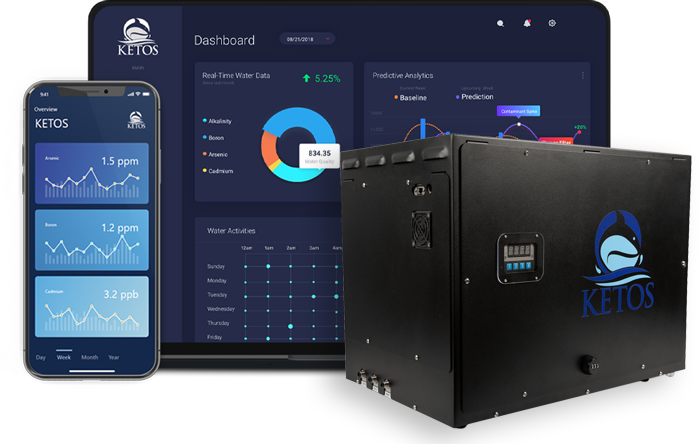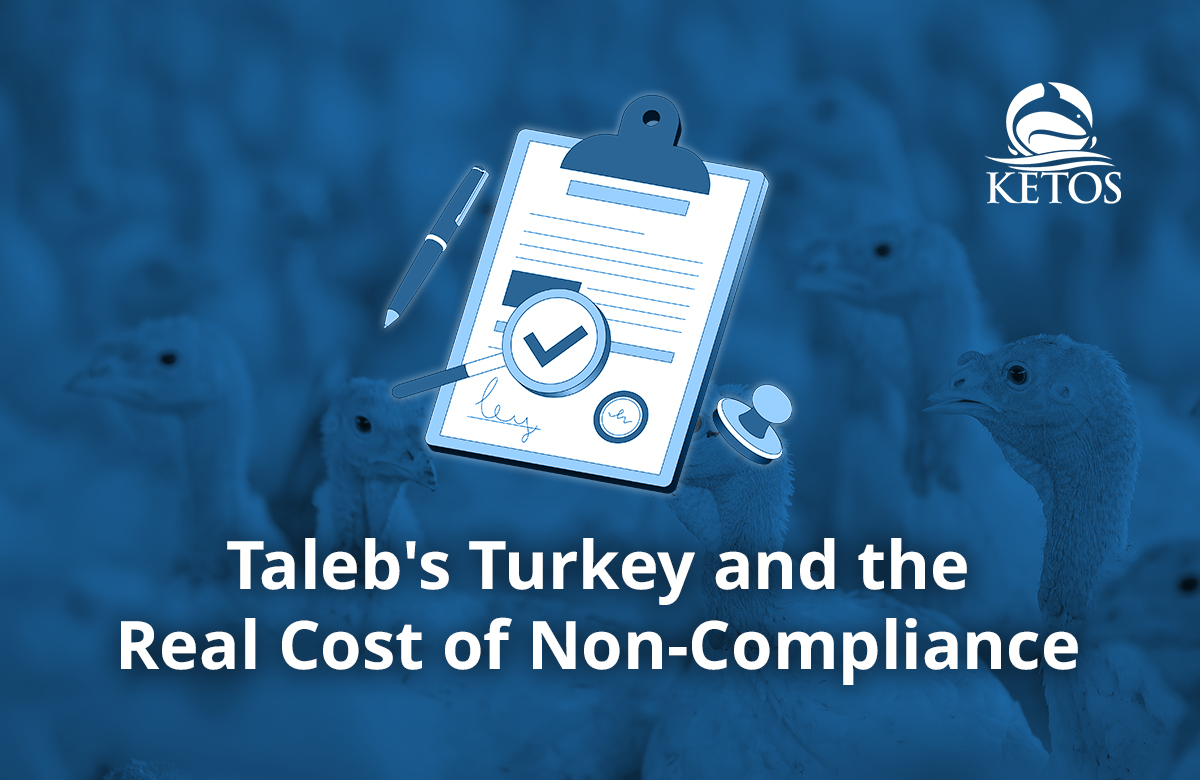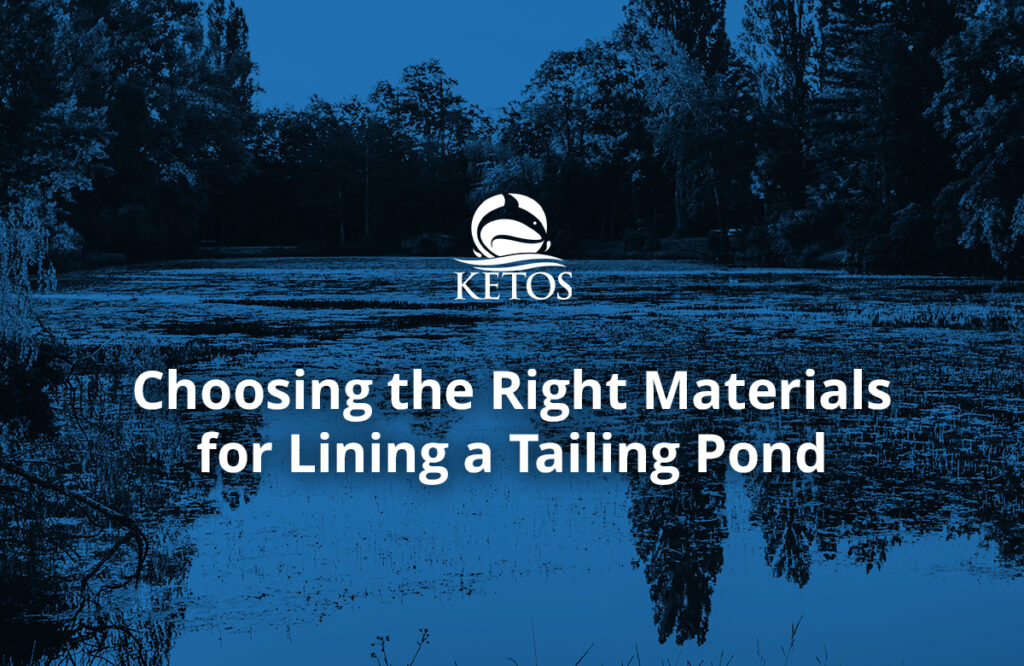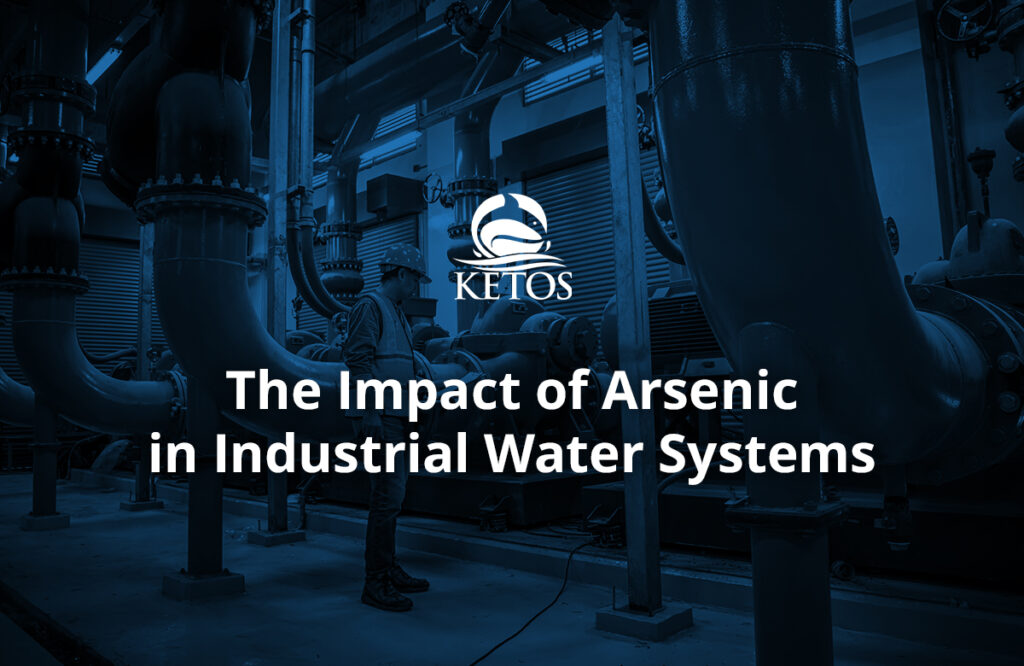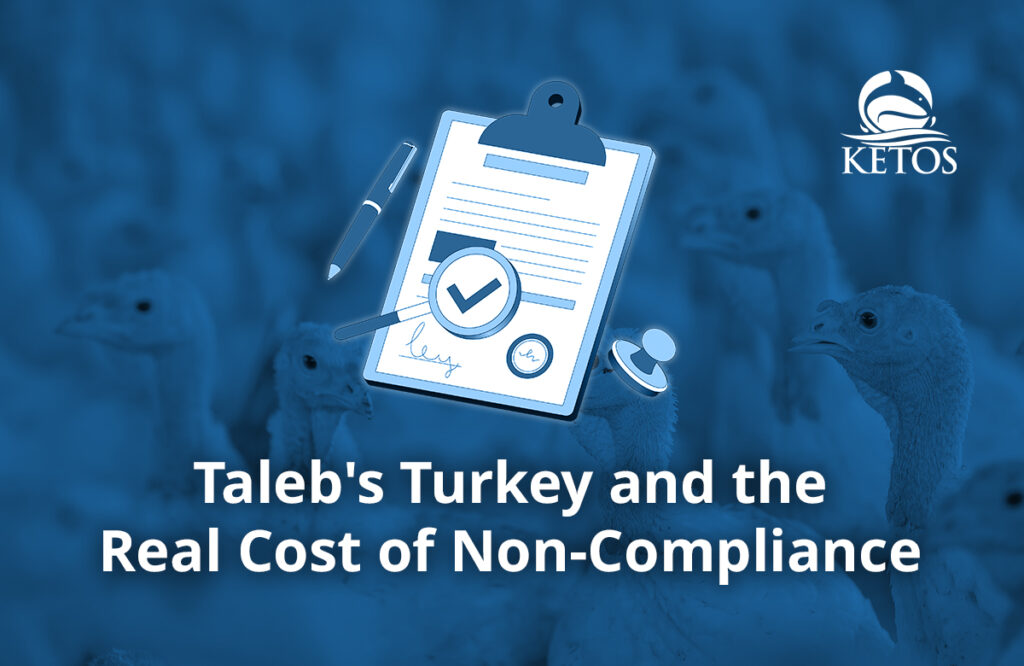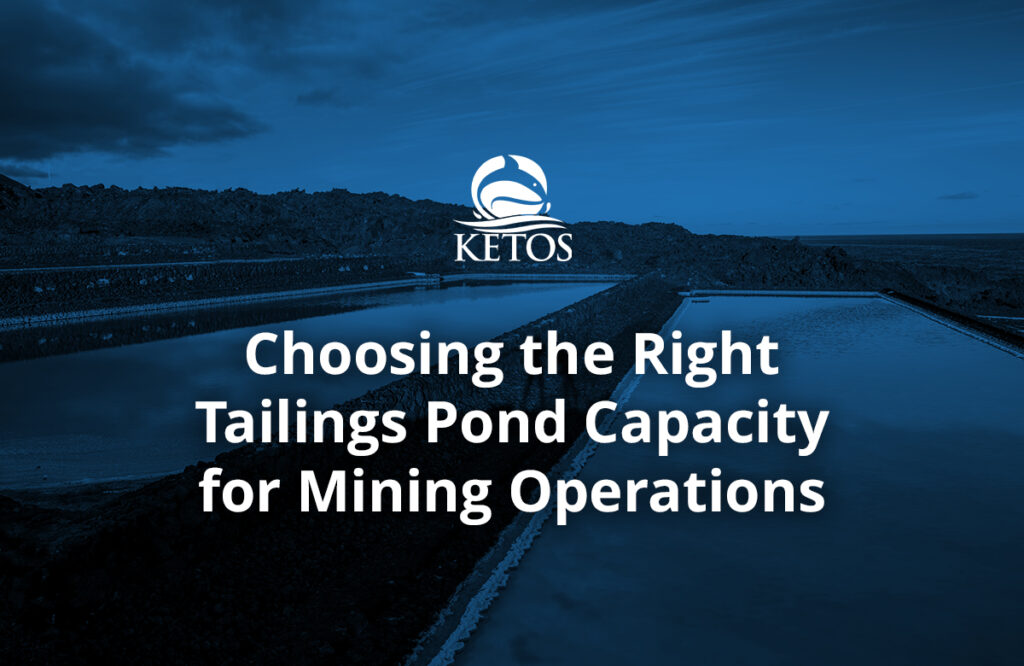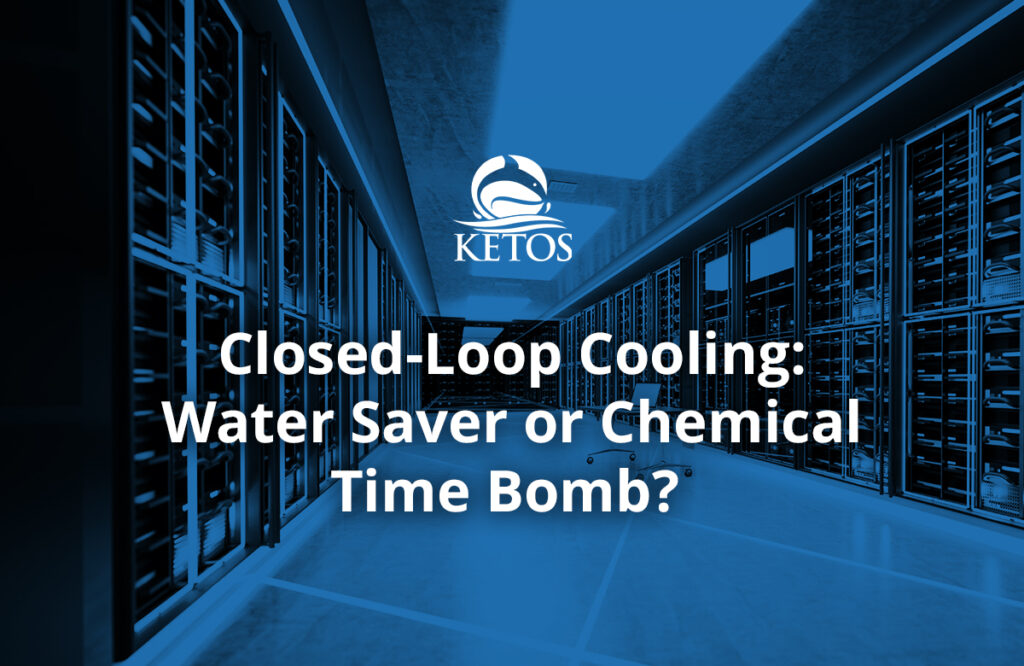In our work at KETOS, where we help companies monitor and manage water quality, we’ve observed a troubling (often ongoing) pattern across industries. Many still tend to approach compliance with environmental regulations – such as the EPA’s Clean Water Act (CWA) or the Safe Drinking Water Act (SDWA)—as a burdensome expense rather than a strategic necessity. All too often, the decision to delay or minimize compliance efforts boils down to one thing: money. The assumption is that staying fully compliant is so costly and that the risk of enforcement is so low that companies can justify cutting corners.
The logic often sounds like this:
“EPA inspections are rare, and getting caught is unlikely. Why invest in costly monitoring unless we have to?”
This mindset can work. Until it doesn’t. And for some, fines may be the least of their worries.
Non-Compliance is an Existential Threat
Issues typically begin with an unforeseen contamination event—perhaps from an upstream discharge into surface water or a slow-developing subsurface leak into groundwater. With no one watching, catastrophe grows. People in the surrounding community fall ill. Ecosystems are decimated. From there, it snowballs. A once-local issue becomes national news. Public outcry grows. Politicians scramble. Legal investigations begin. Before long, lawsuits come and regulatory fines roll in. The erosion of brand trust causes stocks to plummet and profits to tumble. In some cases, bankruptcy may be the final nail in the coffin.
In scenarios such as these, compliance no longer presents as an operational line item. It’s an existential threat.
This isn’t hyperbole – it’s a well-documented risk management trap. It’s what behavioral essayist and statistician Nassim Taleb famously refers to as the “Thanksgiving Turkey problem.” For each day the turkey is fed and cared for, it grows ever more confident that things will continue as they are – until Thanksgiving Day arrives.
Companies that only assess the likelihood of an EPA inspection—but ignore the impact of non-compliance – are making the same mistake Taleb’s turkey is.
But what happens when Thanksgiving Day arrives for your operation?
The Case for Positive-Sum Compliance
At KETOS, we believe there’s a better way. Rather than viewing compliance as a zero-sum cost (where every dollar spent is “lost” to regulation), what if companies could treat it as a positive-sum investment – a strategy that strengthens operations, safeguards communities, and even improves profitability?
That’s the premise behind our approach to smart water monitoring. We developed KETOS SHIELD – our real-time water quality monitoring solution to empower organizations to monitor 24/7 on-site. We also implemented our own environmental testing lab, KETOS KELP, to ensure companies could gather and centralize insights on manually pulled samples.
With KETOS, we’re providing the end-to-end tools companies need to collect data on dozens of parameters, sample water at regular intervals via automation, and leverage AI to identify trends, enabling organizations to transition from reactive to prescriptive water management capabilities. Our goal: to encourage a predictive mindset and a holistic approach to water visibility that helps mitigate risk and, ultimately, draw down costs.
However, companies often view compliance as a line item that cuts into budgets rather than as an investment in their company’s long-term success. So, to make compliance ROI more tangible, we created a tool called H2ROI.
KETOS H2ROI: Seeing the ROI in Regulatory Readiness
H2ROI is a simple web app we use to model the financial return on investment companies can achieve by integrating KETOS SHIELD into their operations. It demonstrates how, in actual deployments, customers have realized up to 10X ROI—not despite compliance but because of it.
How? By:
- Preventing costly downtime due to unexpected water quality issues.
- Reducing manual testing and labor costs through automation.
- Improving sustainability metrics and ESG reporting.
- Avoiding fines, litigation, and PR disasters by staying ahead of contamination events.
- Supporting brand reputation in a world where environmental impact is under a magnifying glass.
Sometimes it helps to see compliance in action to really understand its real-world benefits:

Compliance Isn’t Negotiable. How You Approach It Is.
If your organization is subject to regulations like America’s Clean Water Act or Safe Drinking Water Act, you don’t get to opt out. But you do get to choose how you comply and, more importantly, how you treat compliance measures. Ticking a box will only get you so far, and companies that treat compliance as a cost of doing business will always be playing defence. But those who invest in smart infrastructure, automation, and real-time, consistent data will not only protect their operations – they’ll unlock value, drive efficiency, and ultimately dominate their industry.
KETOS Helps Manage Compliance
Compliance isn’t just about avoiding penalties. It’s about safeguarding people, protecting ecosystems, and future-proofing your business. At KETOS, we’re here to help companies shift from a defensive stance to a more stable, proactive, profitable one.
If you’re ready to reframe how your organization approaches compliance, let’s talk. Because the cost of ignoring the risk is far greater than the investment in doing things right.
